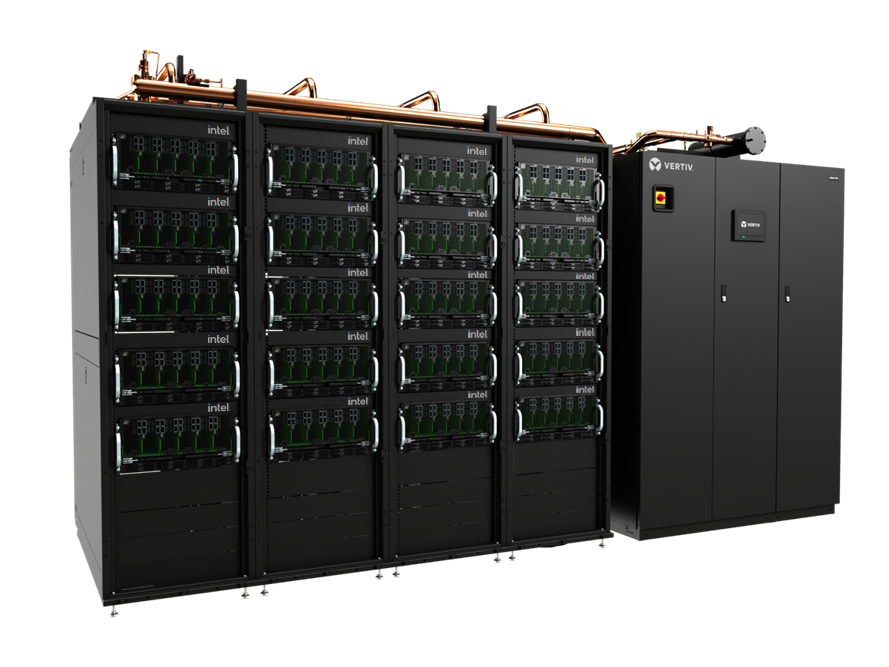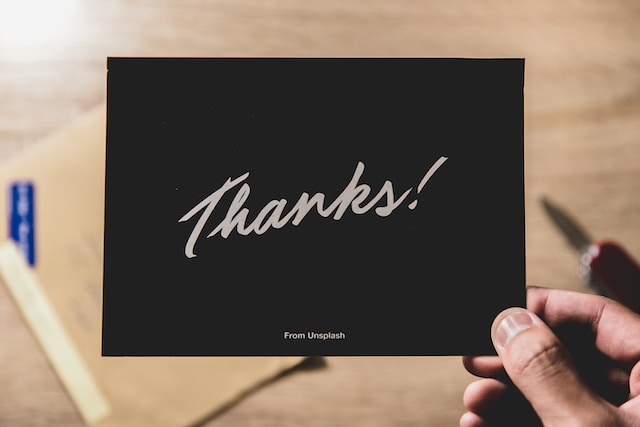The Concrete Sustainability Hub (CSHub) at MIT has received a funding boost of $10 million from industry partners toward their work and research in effective concrete modeling techniques, construction and reduction of CO2 emissions.
The organization works with partners such as the Portland Cement Association (PCA) and Ready Mixed Concrete (RMC) Research & Education Foundation and shares its research results with the departments of transportation across the US, mostly in the area of increasing concrete durability while reducing carbon footprints.
Researchers from CSHub also assess the life cycle of concrete and its long-term costs using new life-cycle assessment (LCA) tools, which the organization has developed and are used to determine the “mileage” of a structure, ensuring its safety and monitoring its environmental impact.
“The Concrete Sustainability Hub is an exceptional collaboration that allows our students, staff, and faculty to have a direct impact on a major industry and to contribute to addressing important societal challenges,” said Ian A. Waitz, dean of the MIT School of Engineering in a statement.
“Collaborations that allow us to work hand-in-hand with industry sponsors to tackle such problems, as is the case with the CSHub, have a special attraction for us,” he added.







